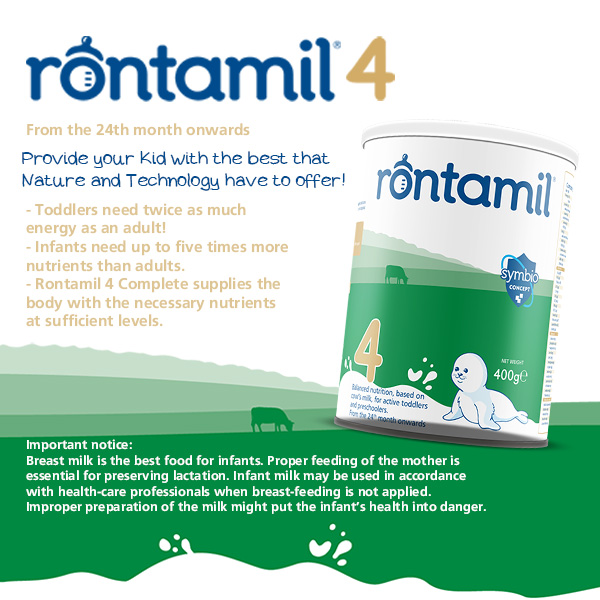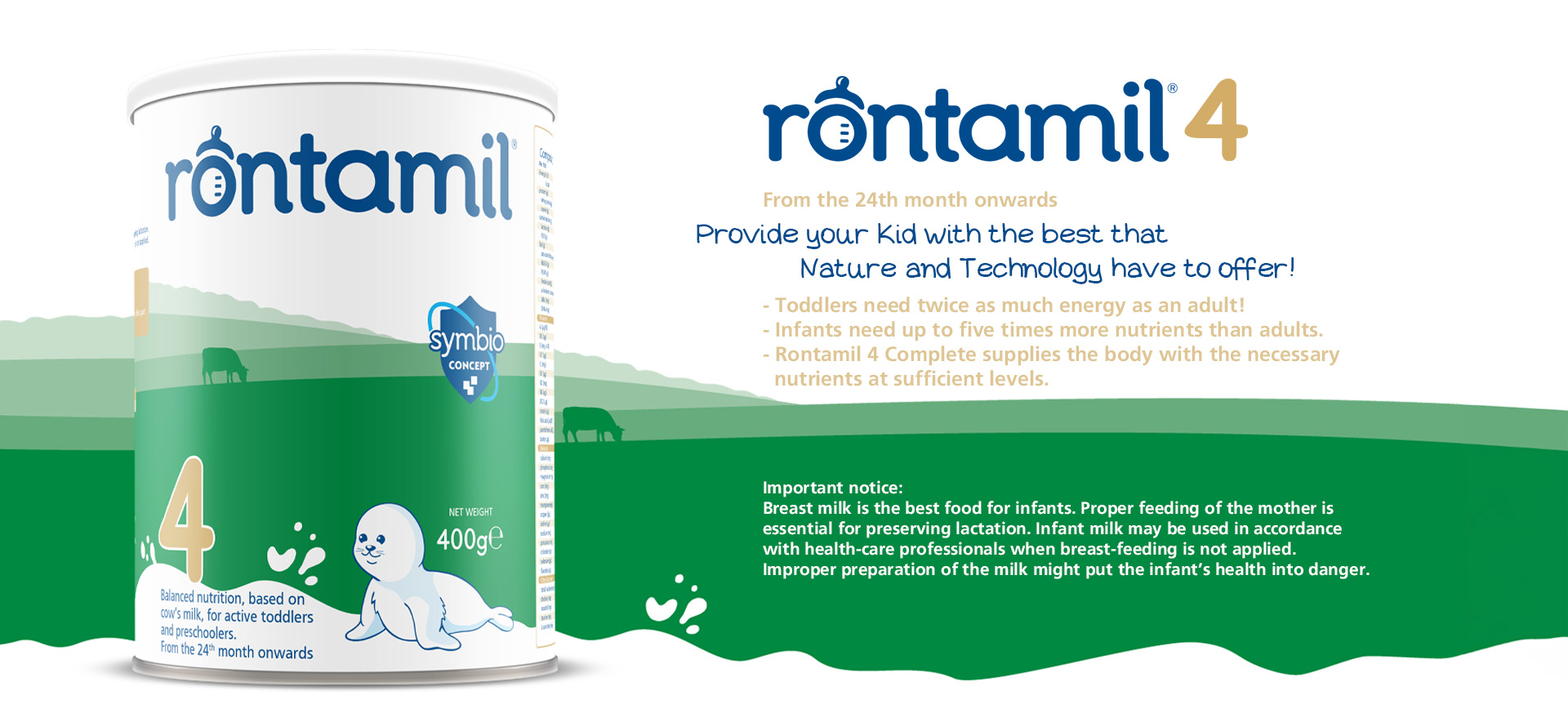Select your baby’s birth date or your due date.
Calendar
After 6 months
At six months of age, breast milk or commercial cow milk-based infant formula, is still the main source of energy and nutrients for your baby. However, babies also need other foods to develop and grow properly.
Breastfeeding protects babies against infection and allergies. Mothers who breastfeed have less risk of breast cancer and ovarian cancer. But in case breast feeding is not enough or feasible, infant formulas is the right alternative.
Your baby is ready to start eating solids when he/she:
- is six months old;
- holds his/her head up;
- sits up in a high chair;
- opens her mouth wide when you offer food on a spoon;
- turns her face away if she doesn’t want the food;
- closes her lips over the spoon; and
- keeps food in her mouth and swallows it instead of pushing it out.
Make sure your baby shows all of these signs of readiness before you start solid foods.
Each baby is different. Try not to compare your baby to other babies. Follow your baby’s signs of readiness for food. Talk to your health care provider to help you decide if your baby is ready.
At first your baby may not accept new foods. If baby shows you that he/she does not like the food by closing his/her mouth or turning head away, stop feeding your baby that food. Try it again another day. Keep feeding time pleasant. If your baby feels pressured to eat, she may not want to try other new foods.
Start a new food when your baby is happy and hungry. Start new foods in the morning or at lunchtime. Include him at family mealtimes.
- Sit your baby up straight. It is safest to sit your baby in a high chair. Do up the seat belt to help keep your baby safe. Never leave your baby alone.
- Keep mealtimes pleasant. Never force your baby to eat.
How should I start my baby on a new food?
- Put a small amount of food on the tip of a small spoon. Hold the spoon so your baby can see it. Then put some food on his lips. Put food in his mouth only if he/she opens it.
- If your baby does not swallow the food, he/she may not be ready for solid food yet. Wait a few days and try again.
- If your baby does not like a new food at first, try it again another day. He/she may need to try a new food many times before like it.
- Gradually give your baby more food. Let your baby guide you. Your baby will tell you he has had enough to eat when he turns his head away or keeps his mouth shut.
It is easy to make your own baby food. You can use the same healthy foods that you feed your family.
Homemade baby food is healthy for your baby. It also:
- saves you money;
- lets your baby try a greater variety of foods;
- helps your baby get used to different textures and tastes; and
- lets your baby eat the same foods as your family
Protection from allergies
Start with single foods, not mixed. If your baby shows signs of allergy, this makes it easier to know which food is causing the problem.
- Give the same food for three to five days before you try a new food. Signs of food allergy may take up to five days to appear.
- Signs of allergy are rash, vomiting, diarrhea, or breathing problems. Stop feeding the food if you think it causes any of these symptoms. Talk to your doctor immediately.
Milk terminology
From birth up to 6 months: Infant formula
From 6 months up to 12 months: Follow on formula
From 12 months up to 3 years: Growing up formula for infants and young children.



